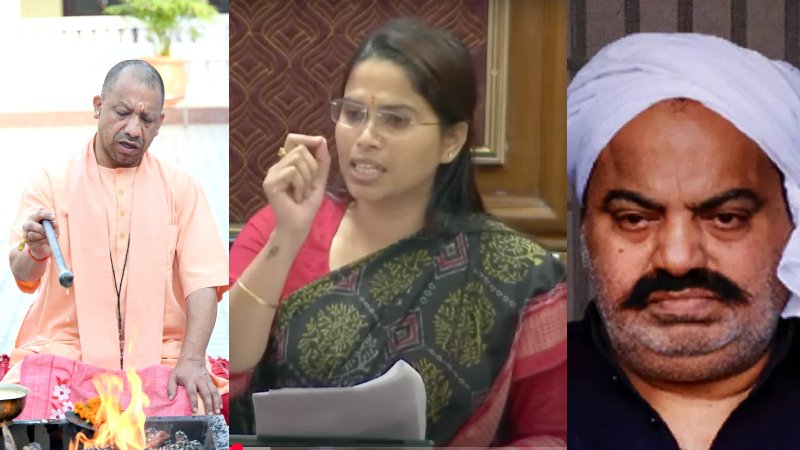‘Nomadic Tribe Day’ (Ghumantu Janjatiye Divwas) in Uttar Pradesh is an important occasion. It reflects the government’s commitment to empower and uplift the most marginalized denotified, nomadic, and semi-nomadic tribes. The Yogi government has launched various schemes to provide education, housing, livelihood, and social empowerment to these communities.
What is Nomadic Tribe Day?
Uttar Pradesh celebrates ‘Nomadic Tribe Day’ every year on August 31. The day aims to draw attention to the rights of denotified, nomadic, and semi-nomadic tribes (DNTs) and ensure their inclusion in society. In 1871, the British labelled these groups as ‘born criminals’ and confined them to settlement-like jails for decades. After independence, the government, under the leadership of BR Ambedkar, removed the Criminal Tribes Act in 1952. Consequently, their rehabilitation began. The day now stands for social justice, equality, and public awareness.
Yogi Government’s Vision for Tribal Upliftment
The Yogi Adityanath government is dedicated to bringing these communities into the mainstream. The social welfare department runs ongoing programs for their education, health, housing, and livelihoods. These efforts are based on the principle: ‘Sabka Saath, Sabka Vikas, Sabka Vishwas’ (‘Together, Development, Trust’).
Education Initiatives
Nine Jayaprakash Narayan Sarvodaya Vidyalayas educate denotified children from grade 6 to 12. There are residential schools in Prayagraj and Balaganj, as well as 101 Ashram-based schools and hostels. These students receive free meals, books, and uniforms.
Housing and Land Allocation
Patta (land) distribution provides permanent residences and farmland in Kalyanpur (Kanpur), Sahabganj (Lakhimpur Kheri), and Fazalpur (Moradabad). There are 264 state-run hostels for denotified students. These communities get priority in the Pradhan Mantri Awas Yojana (Prime Minister’s Housing Scheme).
Chief Minister Yogi Adityanath emphasised the need to establish a dedicated board for nomadic tribes in the state during today’s event. He stated that this board will organise communities, including Sapera, Jogi, Banjara, Nat, and Kanjad. Additionally, land allotments and housing will be provided for these tribes, and colonies will be developed for their residence. He also stressed the importance of providing facilities such as vehicles to these communities to improve their quality of life.
Livelihood and Skill Development
Through the Chief Minister’s Self-Employment Scheme, people access self-employment and skill training. Pilot projects offer training in ITI, fitter fabrication, and other trades. Banks provide them with loans and credit support.
Health and Social Empowerment
The state has improved health facilities and holds camps for voter IDs, Aadhaar, and caste certificates. These measures boost confidence and inclusion.
Commitment to Social Justice
The government aims to integrate these communities into the mainstream with justice and dignity. Yogi Adityanath leads many programs focused on their education, health, livelihood, and empowerment. Ministers like Asim Arun call these efforts a sign of sensitivity and determination to create an equal society.
Towards Empowerment
On Nomadic Tribe Day, the Yogi government’s plans offer new hope and self-reliance to these groups. Continuous development initiatives in education, health, housing, and economic support help protect their rights. These efforts bring a more inclusive society to Uttar Pradesh.


